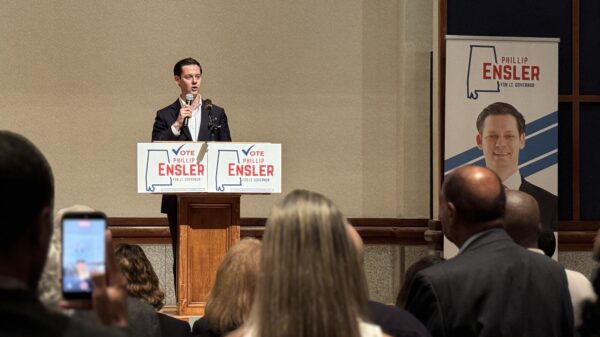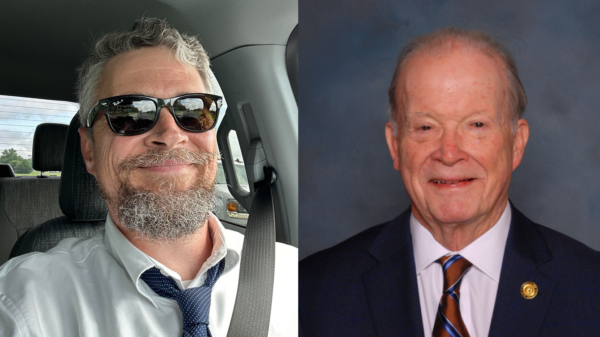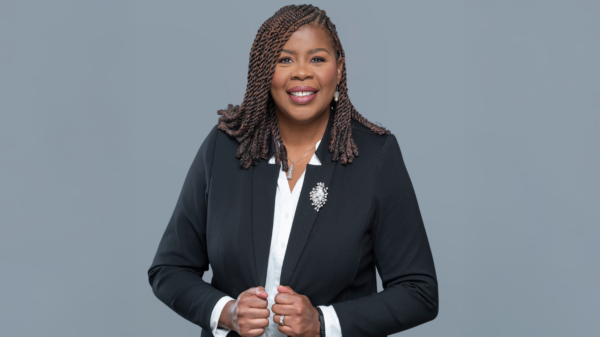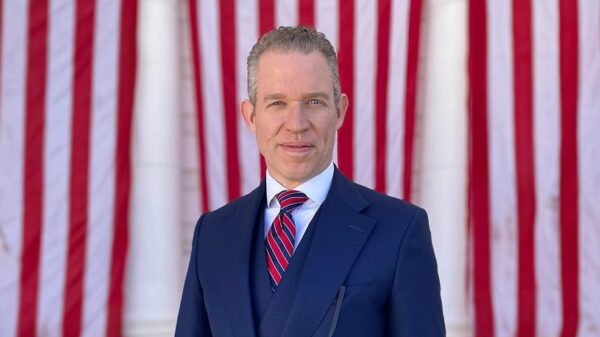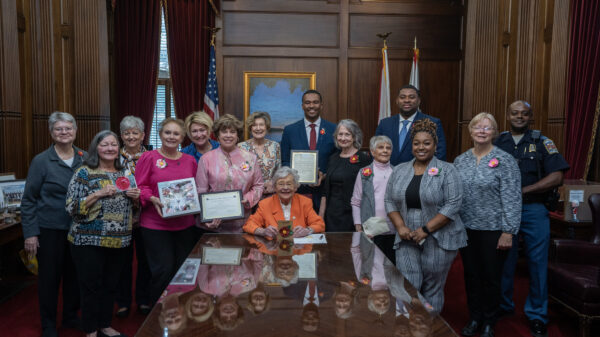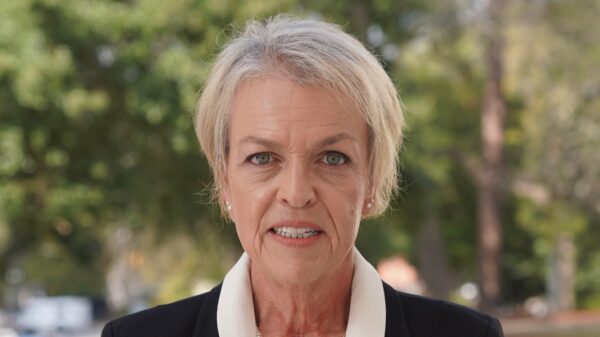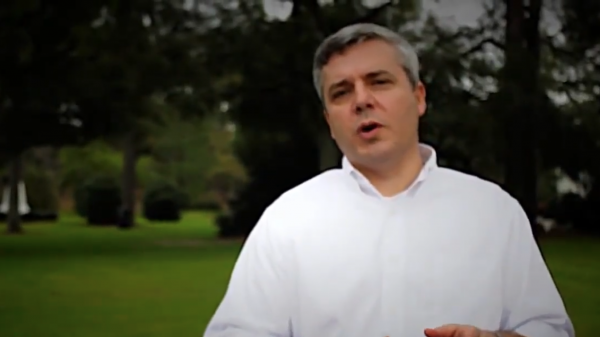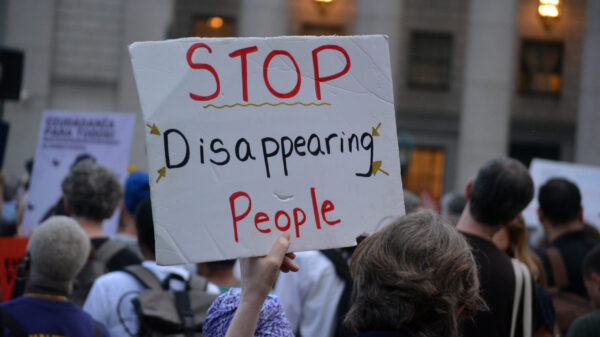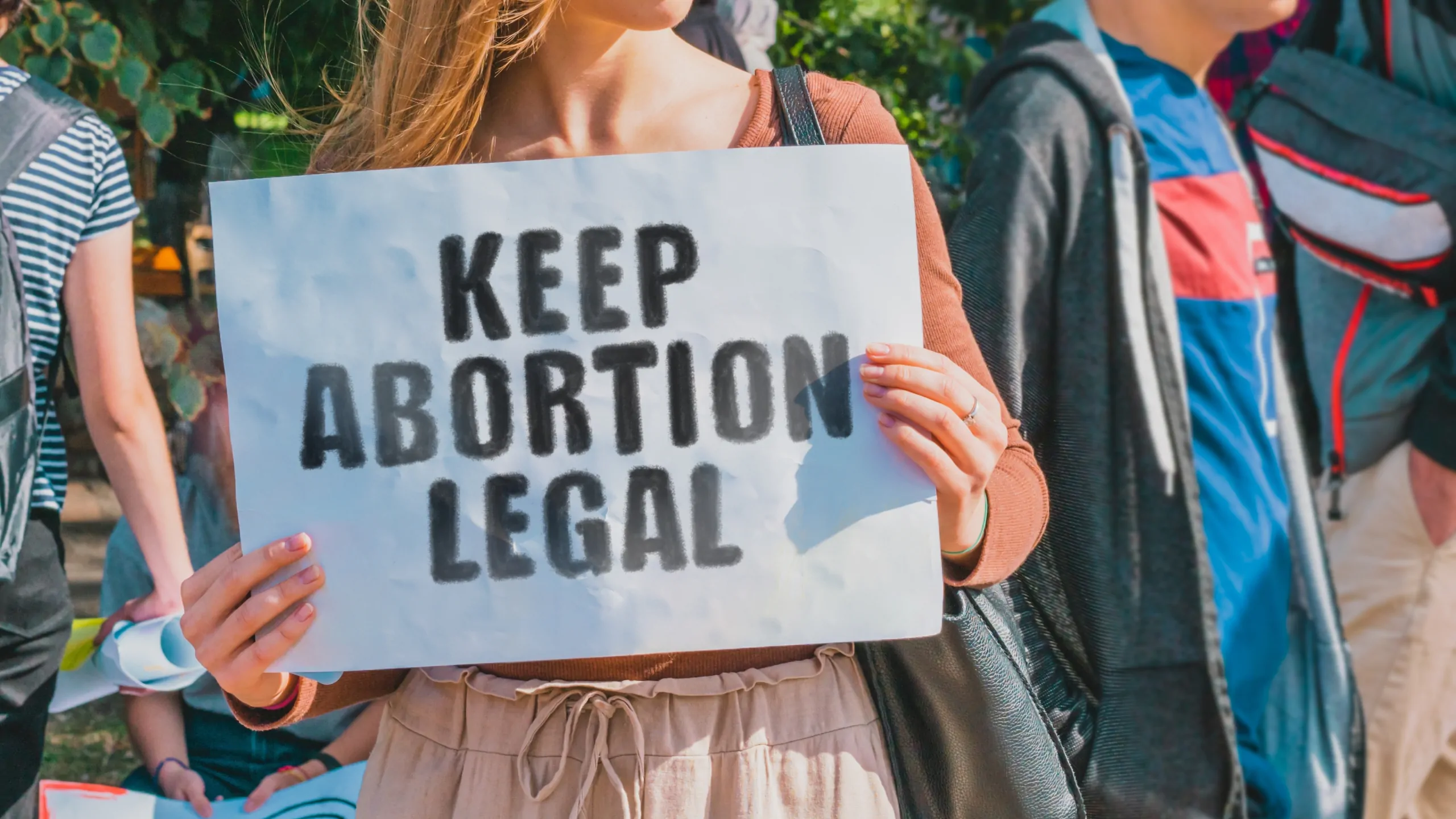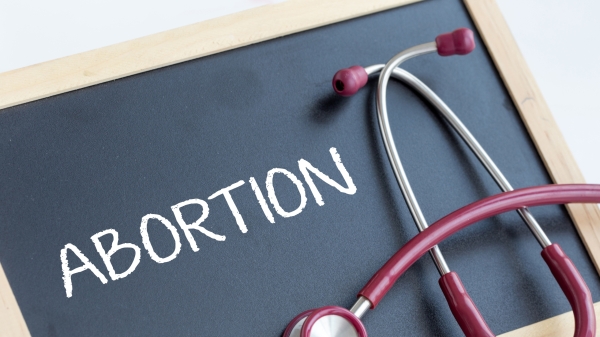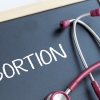Abortion rights advocates released a statement Monday on the United States Supreme Court’s overturning of Roe v. Wade. They say the ruling won’t discourage them from continuing to fight for abortion rights in Alabama.
On Friday, the Supreme Court released its opinion abolishing the constitutional right to an abortion.
In Alabama, a 2019 abortion ban went into effect by Friday afternoon. Under that law, the Legislature banned abortions except in medical emergencies, ectopic pregnancies, a fetus with a condition that would cause it to be stillborn or die after birth, or if a psychiatrist diagnoses a woman with a severe mental illness that would lead to suicide or killing the child if she gave birth. The state did not provide exceptions for incest or rape.
Alabama Attorney General Steve Marshall warned abortion clinics on Friday, saying, “any abortionist or abortion clinic operating in the State of Alabama in violation of Alabama law should immediately cease and desist operations.”
Grassroots organizers said Monday they are concerned about the long-lasting effects of the overturning and its impact on women, specifically women of color.
“(On Friday), as a result of the Supreme Court’s decision in Dobbs, Alabamians are less free and more vulnerable to being criminalized due to our state’s trigger law,” said Evan Milligan, executive director of Alabama Forward. “Our neighbors who strongly believe that abortion should be prosecuted as a felony crime now have an opportunity to witness the impact of their beliefs in real-time. We hope that these neighbors will carefully review data related to infant and women’s mortality as it emerges in this new legal era. When the advocates in our network observe commitment to life, diverging from the facts on the ground, we will continue to create space for community members most directly impacted to speak. We encourage all Alabamians concerned about shifts in boundary lines around government control of private adult decisions to use their voices. Now is not the time to shrink into silence.”
The groups say they see the effects of “reproductive injustice” daily and how it impacts Black and brown communities, where there are already challenges and disparities.
“As a women’s rights advocate, particularly for black women’s rights, it’s a devastating decision,” said Camille Bennett, founder of Project Say Something. “I wonder why Republicans are not concerned about reproductive justice.”
Bennett said she has to put in hard work all year to ensure that child care is sustainable in her community. She works diligently to provide affordable childcare.
Bennett is also concerned with how the decision will impact Black women in Alabama, who already have the highest maternal mortality rates.
In 2018, Alabama ranked third highest in the nation in maternal death rates, behind Arkansas and Kentucky. Women are dying at a rate of 36.4 deaths per 100,000 live births. The national rate is 17.4.
Racial disparities exist across the country in maternal mortality. Black women die at a rate of 37.1, more than double that of white women at 14.7 and Hispanic women at 11.8.
Project Say Something works to help ensure these rates decrease and Black women have access to the reproductive services they need.
Less than a third of Alabama’s 67 counties have hospitals with labor and delivery options, which means that there is a lack of access to maternity care for women if they become pregnant. Many women have to drive more than an hour to get this care. For low-income Alabamians, that’s not feasible.
“We make sure Black women in our community have doulas,” she said. “Reproductive justice is not just something women need when they are pregnant, they need it after, and Alabama has lagged when it comes to that. They want to do away with services that help single mothers and things that help children thrive.”
Bennett said the state polices Black women who live in poverty and can’t afford to take care of their children, often placing children in foster care and providing allocated funding for the foster parents to take care of the children. This displaces children from loving homes when the only issue is lack of income, all while paying another family to keep the children who have been yanked from their mothers’ homes.
Nationwide, Black children are overrepresented in foster care. In 2018, Black children represented 14 percent of the total children population but 23 percent of children in foster care.
In Alabama, there are already approximately 6,000 children who need homes. The state ranks fifth for the largest number of children who live in poverty, with a child poverty rate of 22.7 percent. Additionally, 6.6 percent of Alabama’s children receive SNAP benefits, which is the sixth-highest amount in the country. Approximately 50 percent of Alabama’s school-aged children receive free or reduced lunches.
“There are so many reasons this decision is trash,” she said. “This is not indicative of a group of people who care about infants and children. This is about control.”
Mia Raven and her staff at POWER House work with abortion patients weekly to help them get safely to Reproductive Health Services, the Montgomery-area abortion clinic. She said her team would not stop helping those who need access to safe abortions.
“Alabama can ban abortion all they want, but they will never stop it,” Raven said. “We at the POWER House will remain open to help people get the compassionate abortion care that they need in other states.”
National and regional partners also weighed in on the decision saying abortion restrictions only stop safe abortions.
“No abortion restrictions, even the ones pre-Roe, stopped people seeking access to abortion,”said Amy Kennedy, vice president of external affairs at Planned Parenthood Southeast. “The Supreme Court’s ruling has just launched our nation into chaos and placed even more pressure on a health care system that was already buckling. Let me be clear: We will not back down. No judge, no politician, no ban should ever block your personal medical decisions or set the course for someone’s health and life.”
“There have been significant moments in the Supreme Court’s history when it has issued shameful decisions that deny equal protection under the law to an entire group of people, and today is one of those days,” SPLC Action Fund President and CEO Margaret Huang said. “The Court’s decision in Dobbs will have serious, long-term consequences for women and others. This terrible ruling also endangers other fundamental rights, putting many other communities at risk. The constitutional rights in jeopardy include the right to contraception and equal rights for the LGBTQ+ community. Several states in the Deep South are now poised to enact repressive bans on reproductive freedom that will criminalize women and other people seeking reproductive care and target medical professionals servicing them. The decision is particularly harmful for those people living in poverty because they lack the resources to travel to a state where abortion is legal or pay for necessary medical procedures. Today’s decision flies in the face of the global progress to expand human rights protections for all people. While other countries have embraced the opportunity to expand human rights protections, the United States is a growing outlier with its efforts to deny basic human rights to more than half of the country’s population. Congress must pass legislation to restore the human right that Roe recognized almost 50 years ago.”
“We are at a place where the fabric of our democracy is unraveling before our eyes. Access to abortion is one of several fundamental rights under attack in the U.S., including our right to vote, racial justice, LGBTQ+ rights, and a host of other rights intertwined with our right to liberty in which Roe v. Wade was grounded,” said Anneshia Hardy, executive director of Alabama Values Progress. “The impact of this decision will fall hardest on people who already face discriminatory obstacles to health care—particularly Black, Indigenous, and other people of color. The majority of Americans support Roe, but heavily gerrymandered districts allow politicians to map power in a way that silences the voice of voters. We will not be silenced. The fight is far from over. In Alabama, reproductive rights advocates are taking collective action by supporting providers, patients, abortion funds, and clinics on the ground—and advancing state protections through laws, constitutional reforms, and ballot initiatives.”
Abortion rights are not the only rights justices targeted in their opinions. Associate Justice Clarence Thomas said the landmark court rulings that established gay rights and contraception rights should be reconsidered now that the right to abortion has been revoked federally.
The cases Thomas mentioned are Griswold vs. Connecticut, the 1965 ruling in which the Supreme Court said married couples have the right to obtain contraceptives; Lawrence v. Texas, which in 2003 established the right to engage in private sexual acts; and the 2015 ruling in Obergefell v. Hodges, which said there is a right to same-sex marriage.
Thomas wrote that the Court should reconsider this Court’s substantive due process precedents. He did not mention Loving v. Virginia, in which the High Court ruled that the State of Virginia’s law prohibiting interracial marriage violated both the due process clause and equal protection clauses of the 14th amendment. The Loving case was cited in Obergefell v. Hodges. Thomas is married to a white woman.

